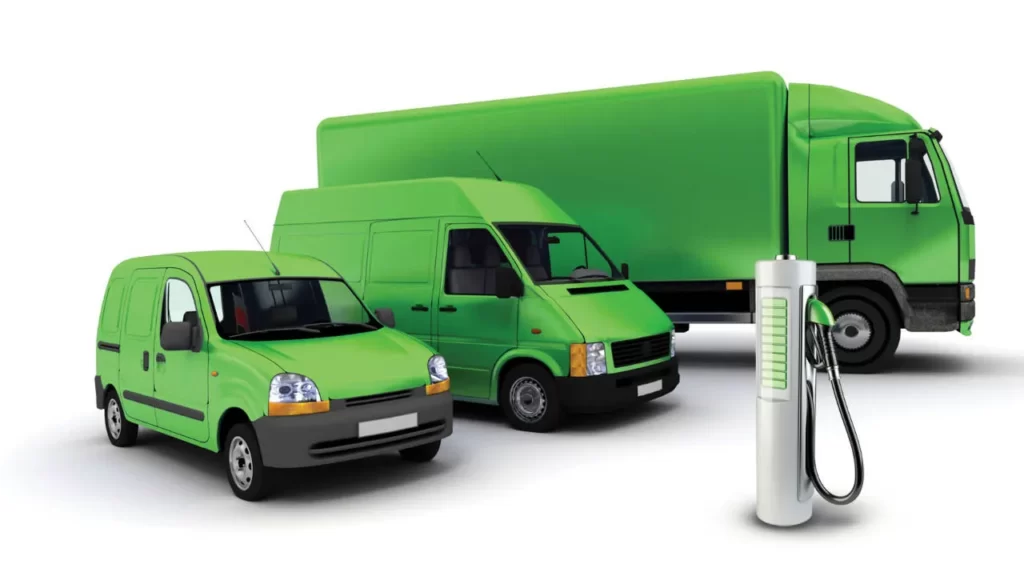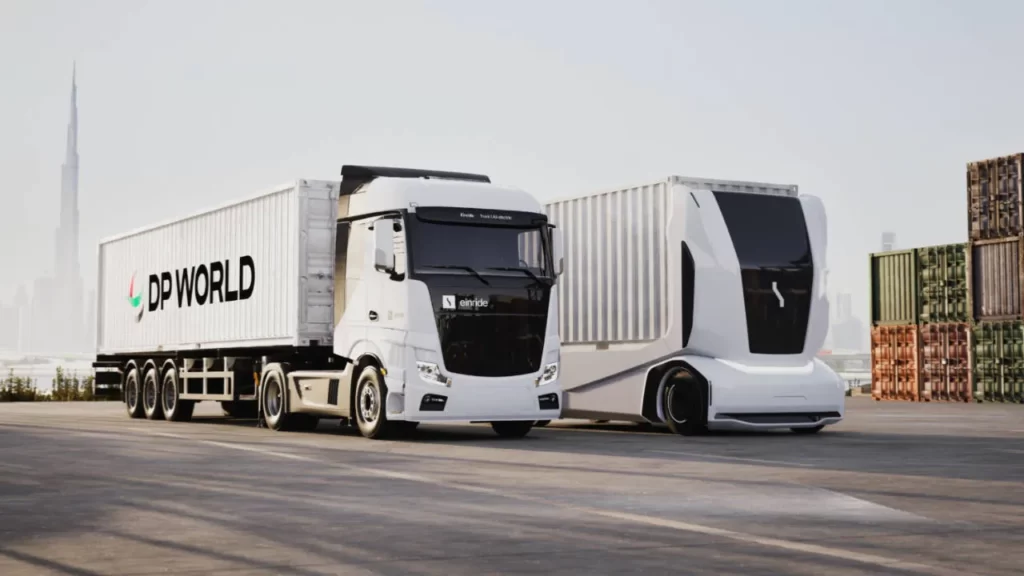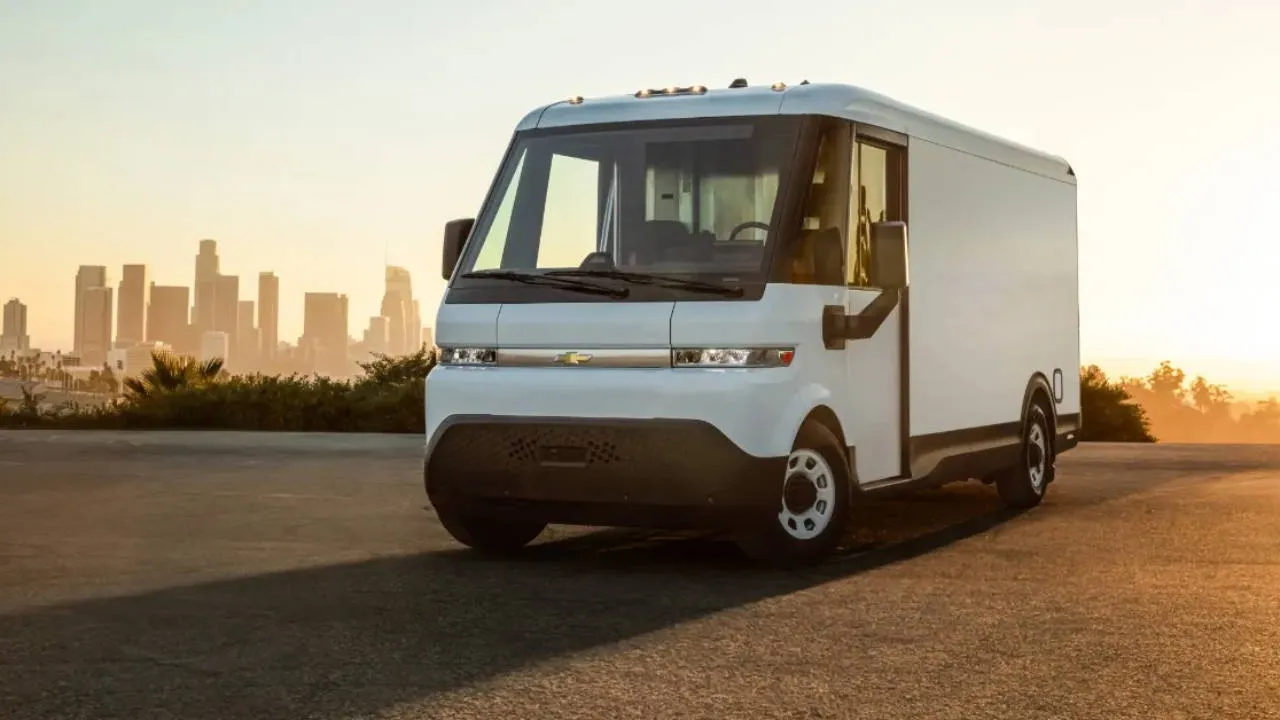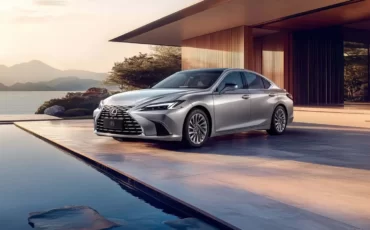The UAE is on a mission to decarbonize its commercial transport sector, with corporate leaders stepping up to support the country’s Net Zero by 2050 Strategic Initiative. Road 2.0, powered by the UAE Alliance for Climate Action (UACA) and endorsed by key government ministries, is a collaborative commitment from major corporations to reduce carbon emissions by transitioning to Zero Emission Vehicles (ZEVs) in commercial fleets. This ambitious pledge marks a significant step towards lowering emissions, supporting the UAE’s target of a 19% reduction by 2030.
The initiative brings together 17 corporate leaders in sectors ranging from logistics to retail, each pledging to adopt ZEVs across their UAE operations and influencing the ecosystem to transition to green mobility solutions. The short-term target is to have 90 commercial ZEVs on the road by the end of 2024, with longer-term goals of 6,000 by 2030 and 20,000 by 2040.
The Urgency of Climate Action
The International Energy Agency (IEA) has identified replacing internal combustion engine vehicles with EVs as critical to reducing CO2 emissions, estimating it could result in over 2 gigatons (Gt) of CO2 equivalent reductions globally by 2035. The Road 2.0 initiative aligns with this global vision and emphasizes the UAE’s commitment to addressing climate change over this pivotal decade.
His Excellency Mohammad Saeed Al Nuaimi, Undersecretary of the Ministry of Climate Change and Environment, stated, “Road 2.0 marks a significant step in our journey towards a cleaner and greener future. Underscoring the power of collaboration, it highlights the importance of public-private partnership in driving action towards a low-carbon economy.”
The UAE government’s support and alignment with this initiative underscore its recognition of the need for public-private collaboration in achieving meaningful decarbonization.
Road 2.0’s Decarbonization Targets

- Short-Term Goals (by 2024): Road 2.0 signatories aim to procure or lease at least 90 commercial ZEVs covering a variety of vehicle types, including refrigerated and ambient vehicles, two-wheelers, light- to medium-duty trucks, passenger buses, and sedans.
- Mid-Term Goals (by 2030): By 2030, signatories plan to deploy up to 6,000 Zero Emission Vehicles in their UAE fleets, representing a significant scaling effort to address emission reduction across the board.
- Long-Term Goals (by 2040): The ultimate aim is to reach 20,000 ZEVs in commercial fleets by 2040, which could potentially result in the reduction of 100,000 tons of CO2 emissions from fuel combustion.
These targets form part of the UAE’s larger Net Zero 2050 Strategic Initiative, which aspires to have 50% of vehicles on UAE roads be zero-emission by 2050.
Key Pillars For Scaling EV Adoption In The UAE
To meet these ambitious targets, Road 2.0 highlights several focus areas critical for scaling EV adoption effectively and sustainably:
Expanding EV Supply in the UAE:
Ensuring a sufficient supply of electric vehicles tailored to commercial use is key. Road 2.0 encourages suppliers to provide a broader range of EVs for light, medium, and heavy-duty applications to meet the sector’s diverse operational needs.
Leasing and Financing Support:
As Road 2.0 signatories scale their EV adoption, there is a need for flexible leasing options with terms that accommodate the unique costs of EV technology. Financial partners are encouraged to work with signatories to explore financing solutions for a smoother transition.
Improving Commercial Accessibility:
To facilitate adoption, especially in the early stages, the EV ecosystem could support more accessible and commercially viable terms. Offering initial incentives and terms could help businesses overcome cost barriers associated with integrating EVs into their fleets.
Corporate Leadership and Commitment to Change
Signatories of the Road 2.0 initiative represent some of the most influential companies in the UAE, committed to shaping the future of green transport. This includes organizations from diverse economic sectors such as logistics, retail, FMCG, and sustainability.

Notable participants include Talabat, Unilever, Aramex, Majid Al Futtaim, and others, all of whom have committed to a roadmap for scaling EVs within their operations. By 2030, they collectively aim to achieve a 30% reduction in transport-related emissions, and full decarbonization by 2040.
Government Endorsement and Public-Private Collaboration
Both the Ministry of Energy and Infrastructure (MOEI) and the Ministry of Climate Change and Environment (MOCCAE) have endorsed the Road 2.0 initiative. This endorsement emphasizes the UAE government’s support for green mobility as a strategic priority in line with the UAE’s Demand Side Management Programme and its Net Zero Strategy.
The UAE’s Road 2.0 initiative represents a bold corporate-led response to climate change, focusing on commercial fleet decarbonization as a primary lever for emissions reduction. With goals set through 2040, the initiative not only aims to make a measurable impact on CO2 emissions but also strives to set an example for the global transport sector.
Find used cars for sale in the UAE and new cars for sale in the UAE.
Subscribe to DubiCars’ WhatsApp Channel for the latest automotive news, guides, polls, and informative infographics.
Stay tuned to UAE’s most popular auto blog for more information about the latest happenings in all of the Emirates.






